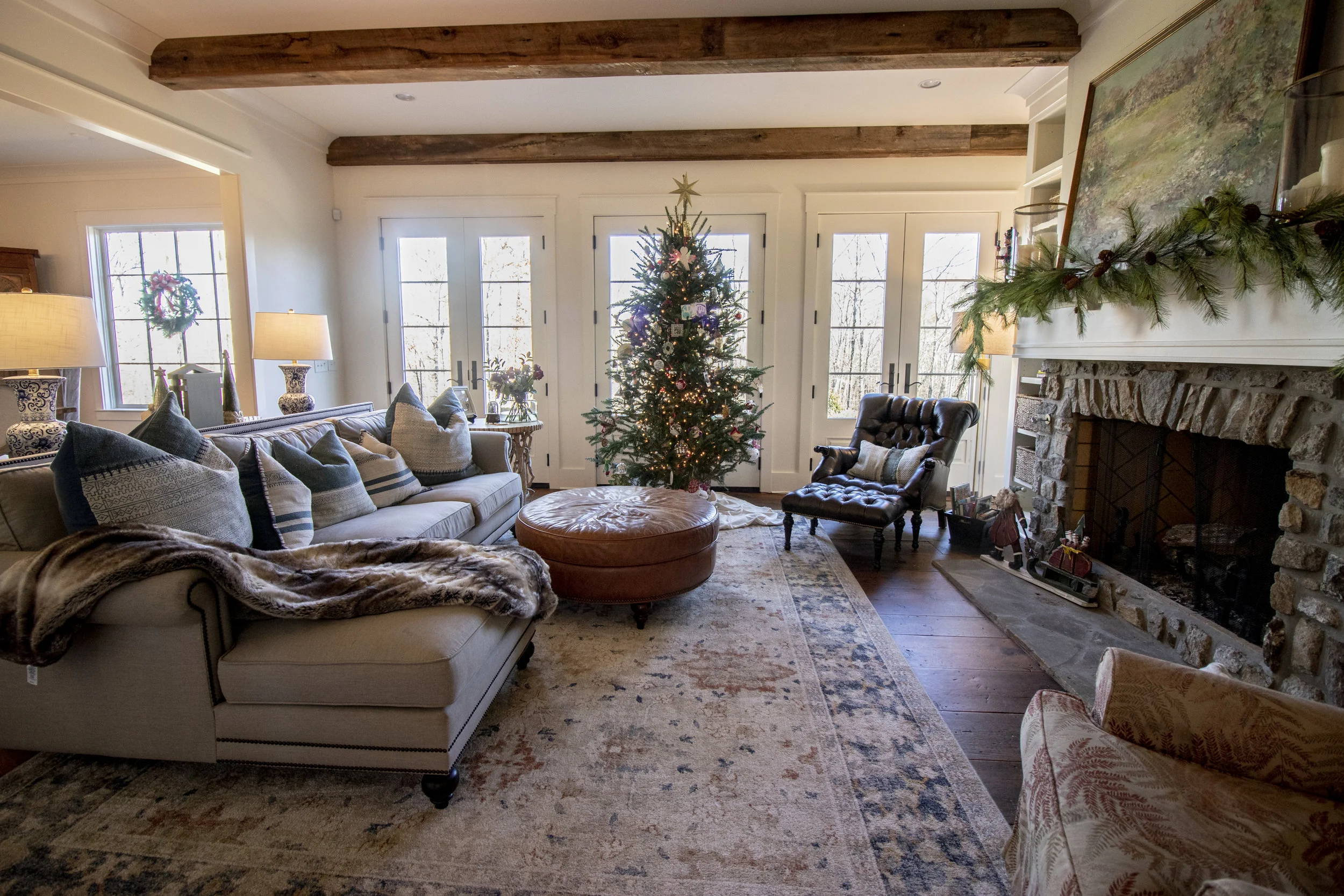Our Theory On Energy Efficiency
Energy efficiency is not just about using the highest seer rated HVAC units, or the correct window with all the performance options. It’s a system of the highest quality construction practices.
Our energy efficient techniques include:
Structurally sound foundation and framing to minimize settlement and lateral movement of the structure
Window and door selection with the correct performance options that best fit your home design and location
Insulation practices that promote air seals and provide the highest R-Value possible without compromising the health of your new home
Properly designed HVAC systems to adequately condition the layout and design of your home
Proper roof/ attic ventilation
There is no need to break the bank on the latest and greatest ideas or products that are on the market today. Using the system listed above with good quality products, you can achieve a very energy efficient home without blowing your budget.
What are the benefits of using energy efficient products?
PEACE OF MIND
Home buying is complex enough without having to know all the details of energy-efficient construction. Build the house of your dreams and enjoy peace of mind knowing that it also meets energy efficiency guidelines.
LOWER OWNERSHIP COST
Compared with standard homes, energy efficient homes use substantially less energy for heating, cooling, and water heating - delivering $200 to $400 in annual savings. Over the average 7 to 8 years you may live in your home, this adds up to thousands of dollars saved on utility bills. Additional savings on maintenance can also be substantial.
BETTER PERFORMANCE
Properly installed energy-efficient improvements deliver better protection against cold, heat, drafts, moisture, pollution, and noise. An energy-efficient home helps ensure consistent temperatures between and across rooms, improves indoor air quality, and increases durability.
ENVIRONMENTAL PROTECTION
Did you know that your home can be a greater source of pollution than your car? In fact, 16 percent of U.S. greenhouse gas emissions are generated from the energy used in houses nationwide. Energy used in our homes often comes from the burning of fossil fuels at power plants, which contributes to smog, acid rain, and global warming. Simply put, the less energy we use in our homes, the less air pollution we generate.

